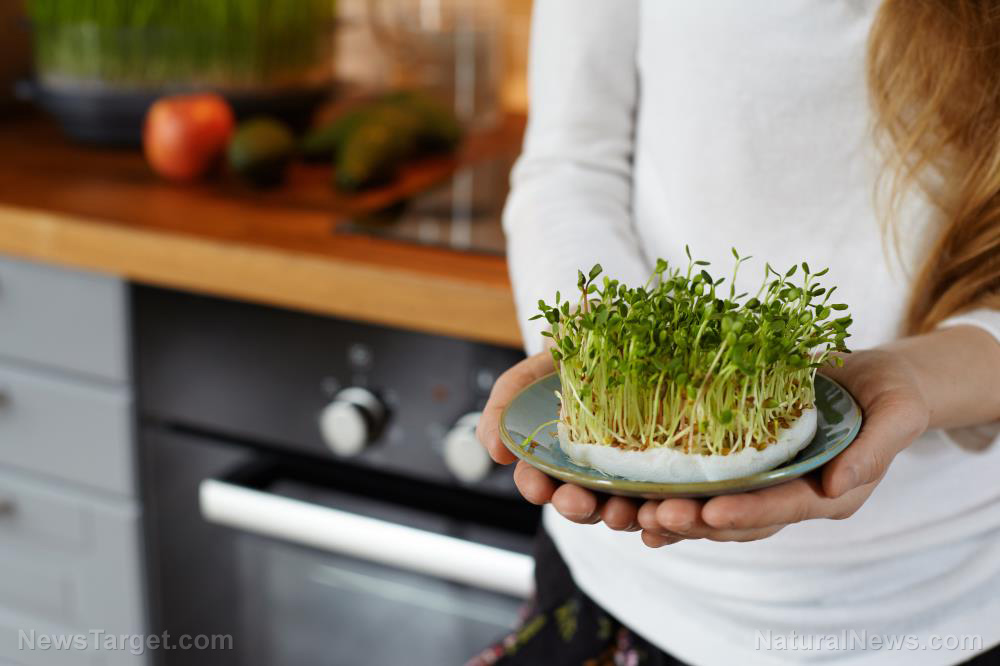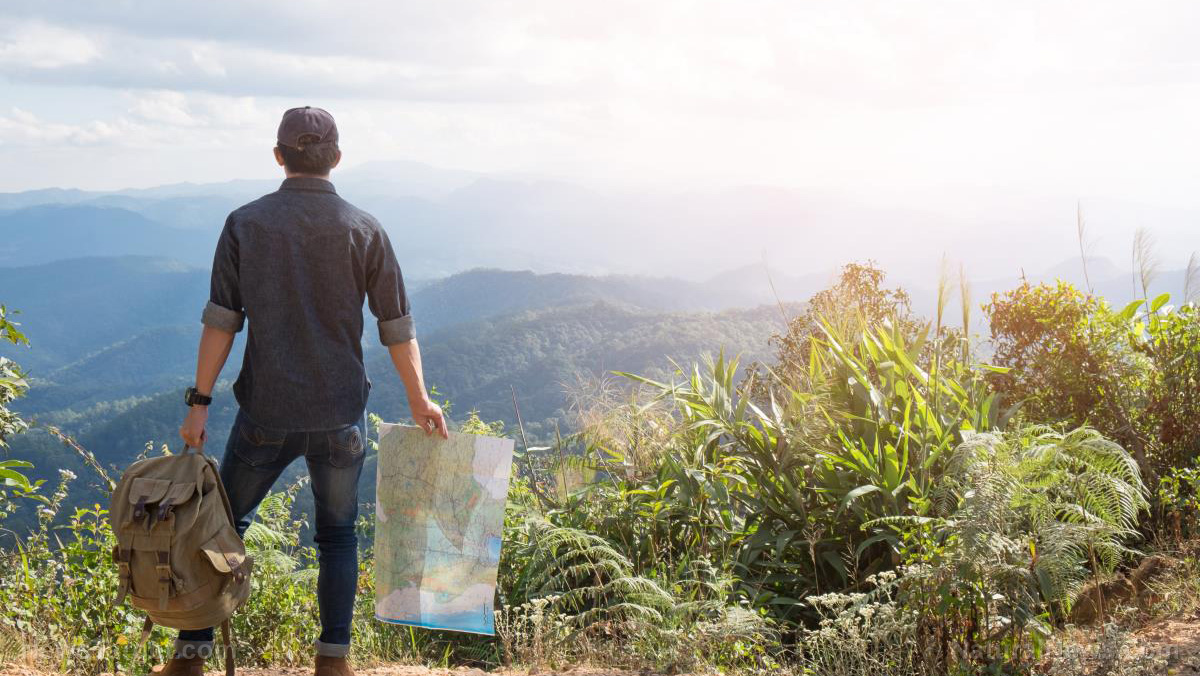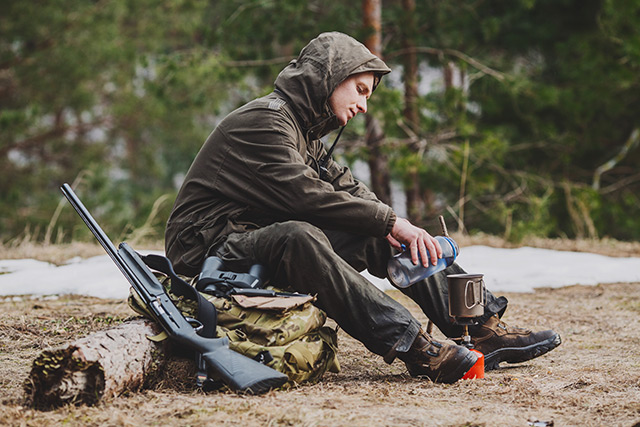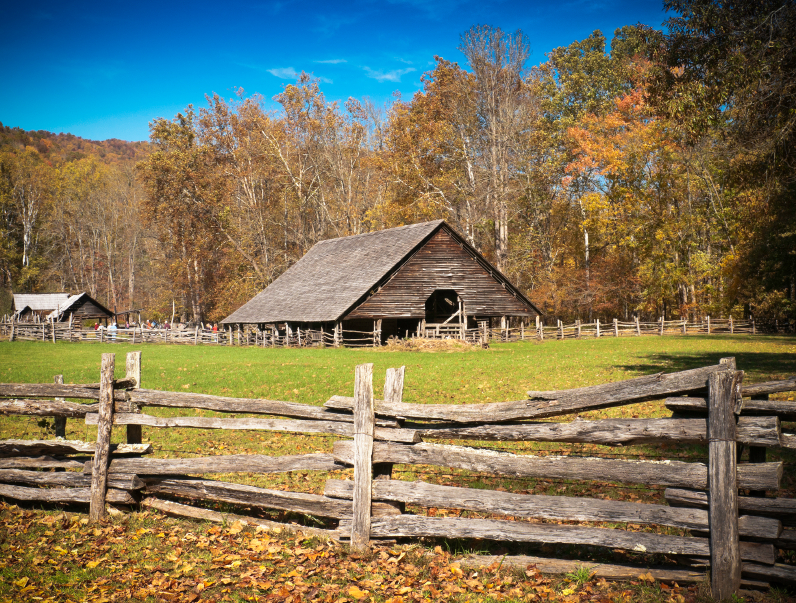Survival skill check: Can you make a water filter when you’re off grid?
06/25/2018 / By Rhonda Johansson

Gone are the days when you could drink water out of anywhere. Most of the lakes, ponds, and streams around you are dirty and full of contaminants. This becomes a problem when you have to survive during an emergency situation. To be a true prepper, learning how to make your own water filter is essential. (h/t to WildernessCollege.com.)
Before we begin, we want to remind you that natural-made filters can remove sediments and strong odors. However, primitive filters cannot remove pathogens. These still prove useful for cleaning and drinking purposes (we’d recommend boiling the water too!) but should not be considered as an effective way to drink 100 percent pure water.
The first step is finding a container where you will hold everything together. Try looking for a two-liter soda bottle or something similar. Cut off the bottom of the bottle and then turn it upside down. If you cannot find a plastic container, you may opt to use bark. Try finding wood that is relatively pliable such as elm or pine. The general construction does not have to be perfect, you would just need to have a cone-like shape for our purposes.
Once you’ve shaped the container into a cone (or cone-like structure), tie that shape together with more strips of bark or whatever you have on hand.
Stuff the base of the cone with a thick ball of grass. The grass will hold all the material above it. As much as possible, use clean grass. Do not use grass that is still attached to soil. Fill around ? of the cone with grass.
Then, fill most of the container with charcoal and top it off with a layer of sand (around one to two inches thick).
Support our mission to keep you informed: Discover the extraordinary benefits of turmeric gummy bears and organic "turmeric gold" liquid extract, both laboratory tested for heavy metals, microbiology and safety. Naturally high in potent curcuminoids. Delicious formulations. All purchases support this website (as well as your good health). See availability here.
Your container should now be filled with these materials from bottom to top: grass (small layer), charcoal (thick layer), and sand (moderate thickness).
The charcoal is the most important part of this filter. It absorbs chemicals and toxins. It is unlikely that you will have a piece of activated charcoal about you during a crisis, so you would need to make regular charcoal. To do this, make a fire and let it burn out over a bed of coals. Cover the coals with dirt and allow it to cool. Ancient people used charcoal to absorb odors and preserve their drinking water. We are using the same principle here.
The sand will act as a rough filter for big particulate matter before they reach the charcoal.
And that’s your basic water filter. This does take some time to make, but it is effective and simple enough to supply you with good drinking water for around two to three uses. Do not use this filter constantly; eventually the charcoal and sand will lose efficacy.
Boiling water
We recommend boiling the filtered water — just in case. The easiest way to do this is to place the water in a pot and then heat the water for at least one minute (some survivalists recommend waiting as long as 10 minutes).
Another way to boil water is to use hot rocks. Instead of a pot, add a hot rock that you had been heating in a fire into the water. This will bring the water to a boil relatively fast. Do not attempt to do this with too much water at one time.
You’re on your way to being a true survivalist. Read more articles on other prepping skills you should learn at Preparedness.news.
Sources include:
Tagged Under: bug out, clean water, Gear, homemade water filter, how-to, prepping, STHF, survival, water filter, water filtration




















